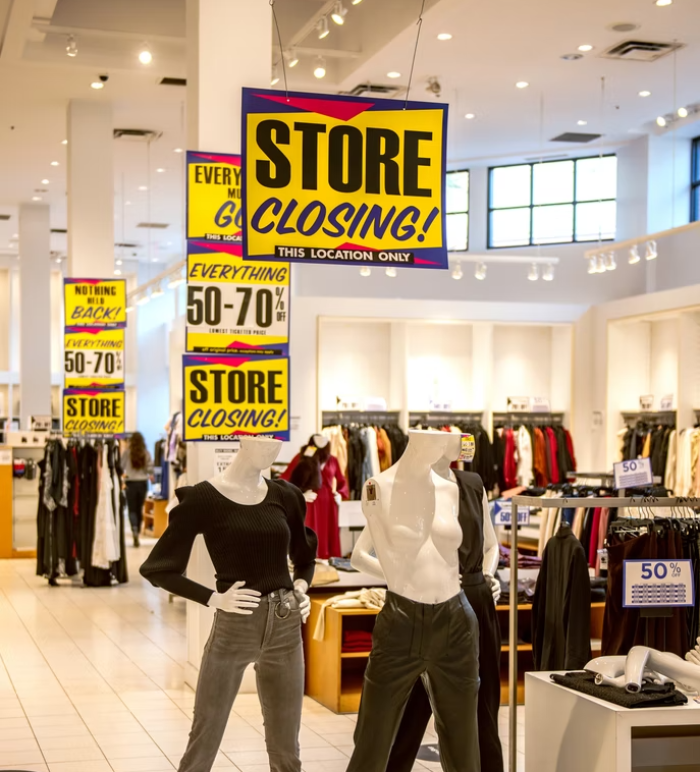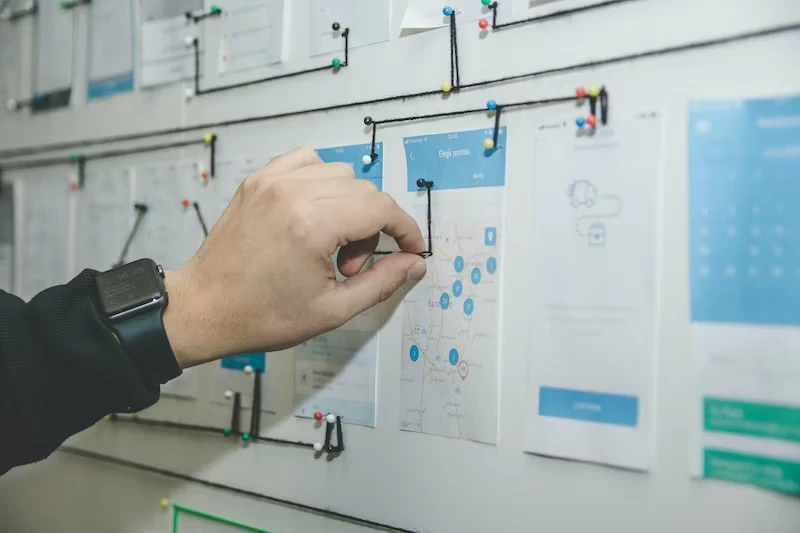
Pandemic and economic uncertainty after Brexit has increased pressure on businesses, causing many to fold in England and Wales
John Chime, executive of authorised Bankruptcy Professionals Clarke Chime, cautioned that the race to supplant Boris Johnson will unsettle businesses:
“The economy is in a state of flux as the Government goes into freefall and clamours to find a new leader and Prime Minister.”
The vulnerability is set to slow down the economy and unsettle UK plc. Bell adds that companies have been hit by the widespread financial instability caused by Brexit, together with other current occasions such as the Ukraine war.
“Due to the heavy impact and persistence of these problems, it’s no surprise that many directors of struggling companies are facing compulsory liquidation. However, it is the worst type of liquidation, stripping directors of any control and often ending in personal consequences for directors.
As such, it should be avoided at all costs. My advice to struggling businesses is to confront your financial issues before liquidation is forced upon you. There are many methods and steps to take to close down a company before you reach the compulsory liquidation stage.”
Nicky Fisher, Vice President of bankruptcy and rebuilding exchange body R3, says inflation fuelts the growing company costs, which adds strain on bosses:
“Not only are directors facing immediate strain to deal with this inflationary pressure, but they will also be looking at re-evaluating investment decisions and wider business strategies in the medium-term. This is likely to act as a further drag on the economy in the months ahead.
At the same time, consumer confidence has hit its lowest point since the start of the pandemic, bringing down consumer spending, which could mean that sectors such as travel, retail and hospitality could particularly struggle as these are the things people usually cut first.”







